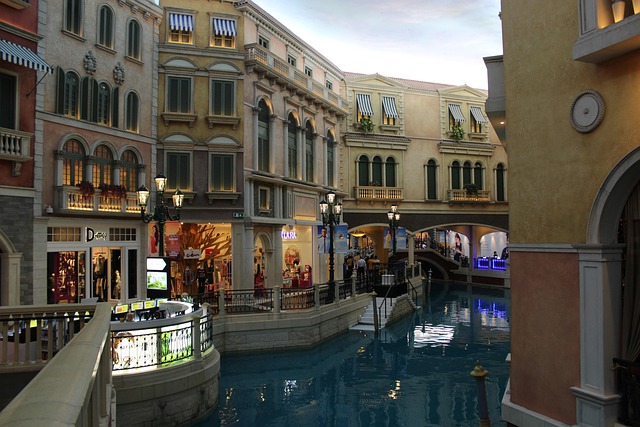Macau Intro: Your Complete Guide to Asia’s Entertainment Capital
Macau is an important subject that many people are interested in learning about. This fascinating Special Administrative Region of China represents a unique blend of Portuguese colonial heritage and Chinese culture, making it one of the most distinctive destinations in Asia. Known as the “Las Vegas of Asia,” Macau has evolved from a quiet fishing village into a global entertainment hub that attracts millions of visitors annually. Understanding Macau’s history, culture, and attractions is essential for anyone planning to visit or simply curious about this remarkable region that successfully bridges Eastern and Western influences.
Understanding the Basics
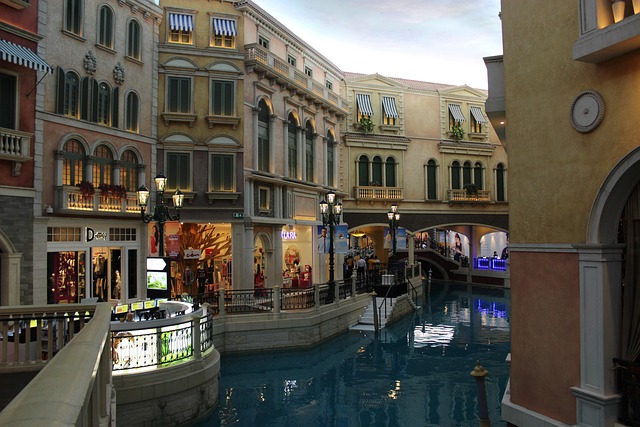
Macau’s story began over 400 years ago when Portuguese traders established a permanent settlement in 1557. This marked the beginning of a unique cultural fusion that continues to define the region today. Located on the western side of the Pearl River Delta, just 60 kilometers from Hong Kong, Macau consists of the Macau Peninsula and two islands: Taipa and Coloane. The region was under Portuguese administration until 1999, when it was handed back to China under the “One Country, Two Systems” principle, similar to Hong Kong.
The population of approximately 680,000 people lives in an area of just 32.9 square kilometers, making it one of the most densely populated regions in the world. Despite its small size, Macau punches well above its weight economically, primarily due to its thriving gaming and tourism industries. The official languages are Chinese (Cantonese) and Portuguese, though English is widely spoken in tourist areas and casinos.
What makes Macau truly special is its architectural landscape, which showcases a remarkable blend of Chinese temples, Portuguese colonial buildings, and ultra-modern resort complexes. The Historic Centre of Macau was designated a UNESCO World Heritage Site in 2005, recognizing the city’s unique testimony to the meeting of Chinese and Portuguese cultures. From the iconic Ruins of St. Paul’s to the A-Ma Temple, from traditional Portuguese egg tarts to Cantonese dim sum, Macau offers visitors an authentic experience that cannot be replicated anywhere else in the world.
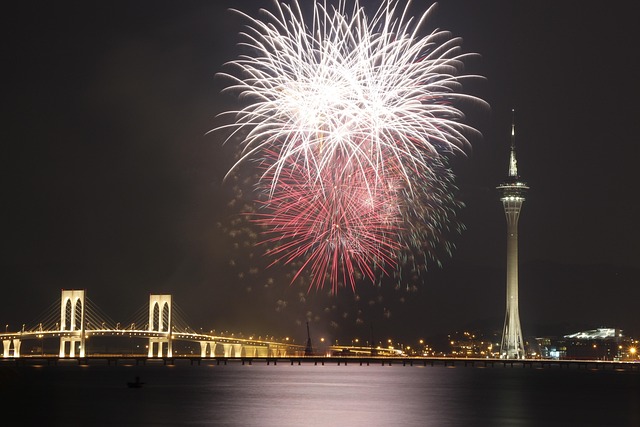
Key Methods
Step 1: Planning Your Visit to Macau
Planning a trip to Macau requires understanding the best times to visit and entry requirements. The ideal visiting periods are from October to December when the weather is pleasant with temperatures ranging from 20-28°C, and the humidity is lower compared to summer months. Spring (March to May) is also excellent, offering comfortable temperatures and fewer crowds than the peak tourist season.
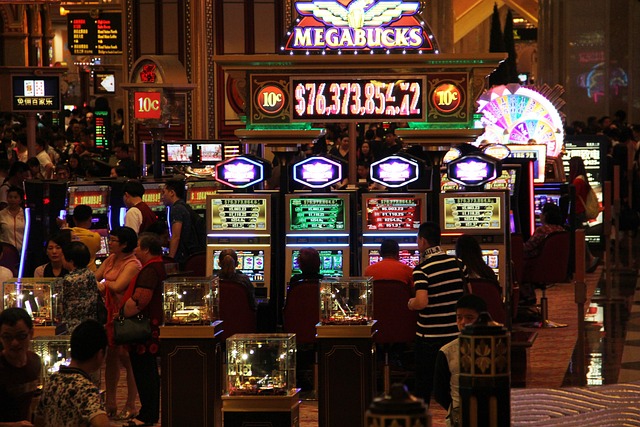
For visa requirements, many nationalities can enter Macau visa-free for stays of 30 to 90 days, depending on your passport. Citizens of over 80 countries and territories enjoy this privilege, making Macau highly accessible. However, it’s crucial to check the latest entry requirements as these can change. Most visitors arrive via Hong Kong, taking advantage of the excellent ferry services that run 24/7 between the two regions, with the journey taking approximately one hour. Alternatively, Macau International Airport serves numerous Asian cities and is expanding its international connections.
Budget planning is essential as Macau can accommodate both luxury travelers and budget-conscious visitors. While casino resorts offer world-class luxury, numerous affordable guesthouses and mid-range hotels provide comfortable accommodation at reasonable prices. Setting aside budget for attractions, dining, and shopping will help you maximize your experience without financial stress.
Step 2: Navigating Macau’s Districts and Attractions
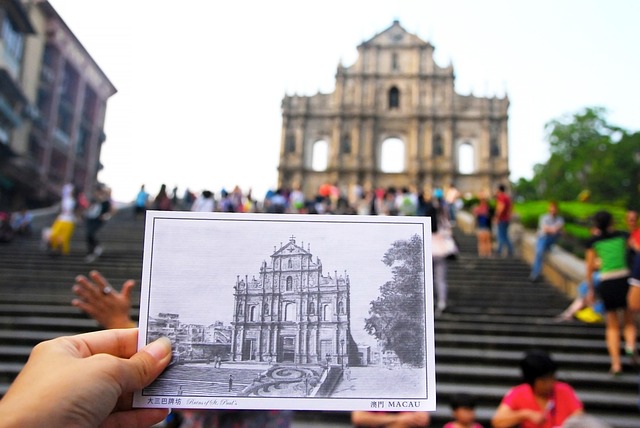
Understanding Macau’s geographical layout helps visitors maximize their time. The Macau Peninsula is the historical heart, home to the UNESCO World Heritage sites, traditional neighborhoods, and the old city charm. Here you’ll find Senado Square, the Ruins of St. Paul’s, Mount Fortress, and countless other historical treasures within walking distance of each other.
The Cotai Strip, connecting Taipa and Coloane islands, represents modern Macau’s entertainment face. This area hosts the mega-casino resorts like The Venetian Macao, City of Dreams, and Galaxy Macau, offering world-class entertainment, shopping, dining, and gaming experiences. The contrast between the peninsula’s narrow streets and colonial architecture and Cotai’s glittering resort complexes perfectly illustrates Macau’s dual identity.
Transportation within Macau is remarkably convenient and often free. Most major casinos operate complimentary shuttle buses from the ferry terminals, border gates, and airport to their properties. Public buses are efficient and inexpensive, covering the entire region. Taxis are readily available and relatively affordable for short distances. For those who prefer walking, the peninsula’s compact size makes it ideal for exploring on foot, allowing visitors to discover hidden gems and authentic local experiences.
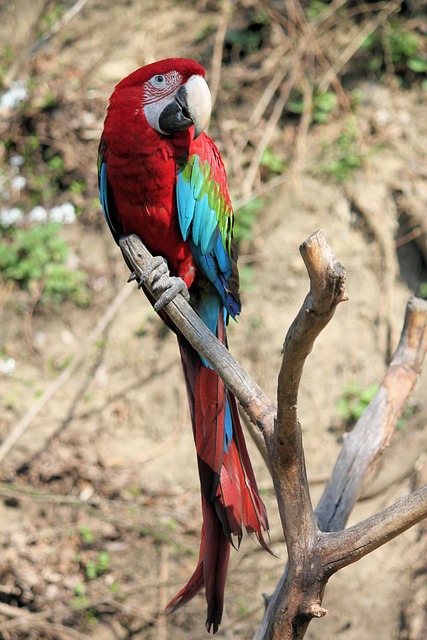
Step 3: Experiencing Macau’s Cultural Fusion
Truly experiencing Macau means immersing yourself in its unique cultural blend. Start your cultural journey at the A-Ma Temple, dedicated to the sea goddess Mazu, which gave Macau its name. This 500-year-old temple complex showcases traditional Chinese religious architecture and practices, with locals regularly visiting to pray and burn incense.
Next, explore the Portuguese legacy through its architecture and cuisine. Visit the Ruins of St. Paul’s, the iconic façade of what was once Asia’s largest Catholic church, destroyed by fire in 1835. Nearby, the Monte Fort offers panoramic views of the city and houses the Macau Museum, providing comprehensive insights into the region’s history. Don’t miss trying authentic Portuguese dishes like African chicken, bacalhau (salted cod), and the famous Portuguese egg tarts at Lord Stow’s Bakery in Coloane.
Engage with local traditions by timing your visit with festivals like the Macau Grand Prix in November, the International Fireworks Display Contest in September and October, or Chinese New Year celebrations. These events showcase Macau’s vibrant cultural scene and provide unique experiences. Additionally, exploring local markets such as the Red Market or the Three Lamps District reveals authentic daily life, where traditional Chinese culture thrives alongside Portuguese influences.
Practical Tips
**Tip 1: Master the Currency and Payment Systems**
Macau’s official currency is the Macanese Pataca (MOP), but Hong Kong Dollars (HKD) are widely accepted at a 1:1 exchange rate, making them interchangeable for most practical purposes. However, be aware that if you pay in HKD, you’ll likely receive change in MOP. Most hotels, restaurants, and shops accept major credit cards, and ATMs are abundant throughout the city. For the best exchange rates, avoid changing money at hotels or the airport; instead, use ATMs or authorized money changers in the city center. Many establishments also accept mobile payment systems like WeChat Pay and Alipay, which are particularly convenient if you’re also traveling in mainland China.
**Tip 2: Leverage Free Casino Amenities Strategically**
Even if you’re not a gambler, Macau’s casino resorts offer tremendous value through their complimentary services. Free shuttle buses operate continuously between major locations, essentially providing free transportation throughout Macau. Many casinos offer free shows, attractions, and entertainment that rivals paid experiences elsewhere. The Venetian’s indoor canals, City of Dreams’ morphing dragon, and various free performances provide hours of entertainment without spending a cent. Additionally, casino hotels often have excellent food courts with affordable dining options alongside their high-end restaurants, catering to various budgets.
**Tip 3: Explore Beyond the Tourist Trail**
While major attractions are must-sees, Macau’s authentic charm often lies in its lesser-known neighborhoods. Explore the old Taipa Village with its colonial houses painted in pastel colors, traditional Chinese temples, and narrow streets filled with authentic restaurants serving Macanese cuisine. Visit the Coloane Village on Sunday mornings when locals gather at the waterfront, creating a peaceful atmosphere far removed from casino glamour. The Lou Lim Ieoc Garden offers a tranquil escape with traditional Chinese landscaping, perfect for morning tai chi practice. These experiences provide genuine insights into local life and culture that tourist hotspots cannot match.
**Tip 4: Time Your Activities Wisely**
Strategic timing enhances your Macau experience significantly. Visit major attractions like the Ruins of St. Paul’s early in the morning (before 9 AM) or late afternoon to avoid the massive tour groups that descend midday. Museums are generally quieter on weekdays and offer the same rich experiences without the crowds. For dining, lunch sets at high-end restaurants offer the same quality as dinner but at significantly reduced prices, allowing you to experience fine dining more affordably. Casino gaming tables often have lower minimum bets during weekday afternoons compared to weekend evenings, making them more accessible for casual players wanting to try their luck.
**Tip 5: Respect Cultural Sensitivities and Local Customs**
Important Considerations
When planning your Macau adventure, several important considerations deserve careful attention to ensure a smooth and enjoyable experience. First and foremost, understand that while Macau is generally very safe with low crime rates, the casino environment can be overwhelming for some visitors. Set strict gambling budgets if you choose to participate, as the excitement can easily lead to overspending. The gaming industry is highly regulated, but it’s essential to gamble responsibly and know when to stop.
Health and safety precautions should not be overlooked. Macau’s subtropical climate means hot, humid summers that can cause heat exhaustion if you’re not adequately prepared. Stay hydrated, use sun protection, and take regular breaks in air-conditioned spaces. The region’s healthcare facilities are excellent but can be expensive for visitors, so comprehensive travel insurance is highly recommended. Ensure your insurance covers medical emergencies, as hospital treatments without insurance can result in substantial bills.
Conclusion
Macau represents a unique destination where East meets West in perfect harmony, offering experiences that cannot be found anywhere else in the world. From its UNESCO-listed historical center showcasing centuries of cultural fusion to its modern entertainment complexes rivaling Las Vegas, Macau successfully balances tradition with innovation. Whether you’re drawn by the historical architecture, the culinary diversity, the entertainment options, or simply the curiosity to explore this fascinating region, Macau delivers on all fronts.
The key to truly appreciating Macau lies in embracing its duality – exploring both the ancient cobblestone streets and the glittering casino corridors, savoring both traditional dim sum and authentic Portuguese cuisine, experiencing both serene temple visits and exciting entertainment shows. This small but mighty region proves that size doesn’t limit significance, as it continues to captivate millions of visitors who leave with unforgettable memories and a deeper appreciation for cultural diversity.
As you plan your visit to Macau, remember that the best experiences often come from stepping beyond the obvious tourist attractions and engaging authentically with the local culture. Take time to wander without a strict itinerary, strike up conversations with locals, try unfamiliar foods, and allow yourself to be surprised by what you discover. Macau is more than just a destination; it’s a living testament to successful cultural integration and a reminder that different traditions can not only coexist but thrive together, creating something entirely unique and beautiful. Your journey to Macau awaits, promising adventures, discoveries, and experiences that will stay with you long after you’ve left its shores.
